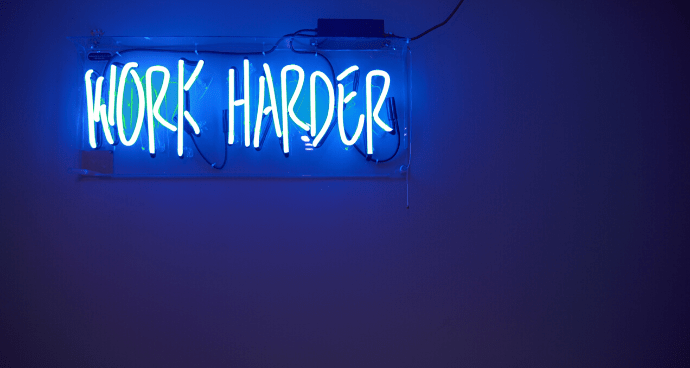One of the downsides of technology is our inability to truly ‘disconnect’. With smartphones becoming the norm, it is increasingly expected that we are ‘always on’ for everyone around us. This has helped push that elusive ‘work-life balance’ a bit more out of our reach.
With the increasing number of part-time workers, the number of hours worked by the average Australian has come down. But this does not mean that everyone is finding it easy to balance all our priorities – our needs, responsibilities, desires and expectations along with those of our employer, family and friends and the community.
Why a balance is important?
Considering that most of our activities revolve around our work – our commute, leisure time, holidays, time we spend with family etc. – it is safe to say that for most individuals, work occupies a prime spot in our lives. Many employers expect their employees to enter the workplace leaving their lives at the door. Such expectations lead to negative consequences like:
- Increased stress and health problems
- Trouble in our relationships
- Less fulfillment
- Lack of motivation and absenteeism at work
As the outlook and dynamics of our society changes, many people are shifting their priorities and demanding more from their employers. Flexibility is one thing that most individuals look for from their employer and one of the top reasons for a job change. Achieving a good work-life balance is beneficial to everyone – the individual, their families, their employers, the communities they live in, and in some cases, even the environment.
- Individual benefits: Achieving a good balance helps you stay focussed and energised, remain happier and more fulfilled. It also helps you feel satisfied with your job and career.
- Family benefits: It helps improve the relationship between family members, helps you be better parents to your children and allows you to grow as a family.
- Employer benefits: Happier employees lead to better productivity and less absenteeism. It also helps in staff retention and employee satisfaction. You also get access to a bigger talent pool since you are including the people specifically looking at flexibility as a factor.
- Community and environmental benefits: More personal time means more time to engage in community building activities. The flexibility of working from home leads to less use of transportation and hence benefits the environment.
How to achieve a balance
Now that we have seen the importance of having a good work-life balance, let us see how we can achieve it – even with a busy schedule.
- Plan your day. Have a detailed schedule for all activities – at work and at home. For some people, it helps to schedule in personal downtime. Once you have a schedule and start to follow it as much as you can, you will find that you value every minute.
- Wake up early. For most of us, mornings are dedicated to getting ready and going to work. Evenings and night time is when most people spend time with families. But usually by evening, after a hard day at work, you might be too tired to do anything but relax and watch some television. Getting up early, just an hour earlier than normal gives you time to go for a run, do some reading or enjoy some family time.
- Prioritise. Cut out activities that are not enriching your life. The Eisenhower Matrix for better time management helps in this by categorising activities into urgent, important, not important and not urgent. Focus your attention on the urgent and important items.
- ‘No’ is an acceptable answer. It is perfectly fine to be assertive and say No to something if you do not have time – at work or outside. If you try to do too much, you will find that you are not enjoying even the things you normally love to do.
- Just go home. For many people, work appears to be never-ending. But at some point, you have to ask yourself, do I really need to complete this today? If not, just pack up and go home.
- Realise that you can’t do everything. Outsource and delegate anything you can to best utilise your available time.
- Have some technology-free time. Staying connected is important for all of us, but for at least an hour every day, simply put your smart phones on mute and have some time to yourself. Play with your children, read a book or engage in a relaxing hobby.
- Get moving. However packed your schedule is, try to find some time for exercise. Even a 20-minute workout can help you clear your head and make you feel in control. If mornings and evenings are too busy, use your lunch hour for a brisk walk.
The answer to a good work-life balance is not giving up on things that are really important to you. It is about making sure that you spend your time on activities that you enjoy – things that really mean something to you. Staying happy and fulfilled is possible, no matter how busy you are.



